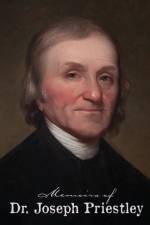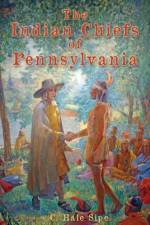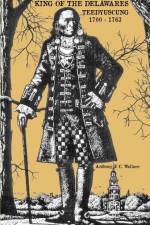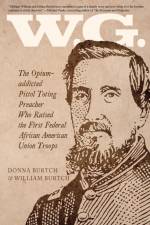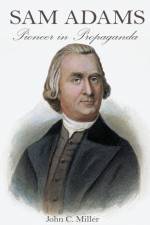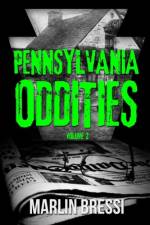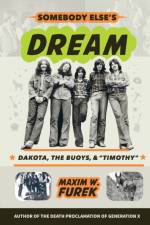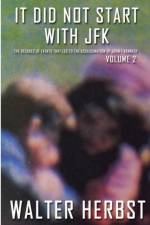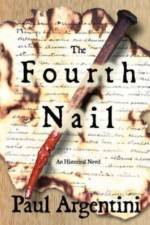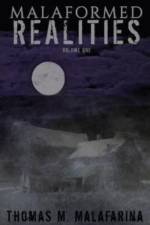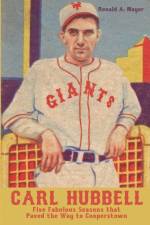av Joseph Priestley
287
First published in 1806, the Memoirs of Dr. Joseph Priestley was written in three parts, the first two by Priestley and the third by his son after Priestley's death in 1804. By 1787, when Priestley completed the first part, he had become a contented, successful man in his early 50s. He was a minister of a large congregation, a member of the intellectual Lunar Society, and a Fellow of the Royal Society. He had won recognition for a scientific paper describing a process to make carbonated water and for his observation "that plants, instead of affecting the air in the same manner with animal respiration, reverse the effects of breathing." He had also discovered oxygen. The second section, which Priestley wrote in 1795 during a self-imposed exile in Pennsylvania, describes his life as one of England's most controversial Dissenters. It details the rioters who in 1791 burned his residence in Birmingham, England, thereby "demolishing my library, apparatus, and, far as they could, everything belonging to me." The third and final segment was written after Priestley died in Northumberland, Pa. His son, Joseph Priestley Jr., drew heavily on a 1794 sermon in which his father documented the persecution that the Priestley family suffered following the riot and during the years before they sailed to America. In the book's early chapters, Priestley comes across as a happy, grateful man. "Providence," he noted, "... always took more care of me than I ever took of myself." By the book's end, the great man-who never returned to England after leaving in 1794-had become older and wiser, but not bitter. As his final days approached, he was pleased, he said, to be dying quietly, at home, without pain, and with his family.






